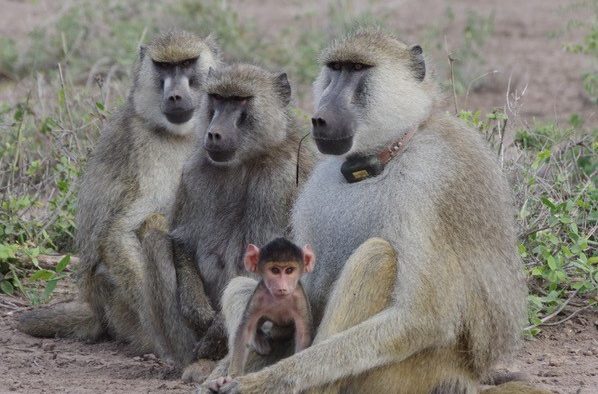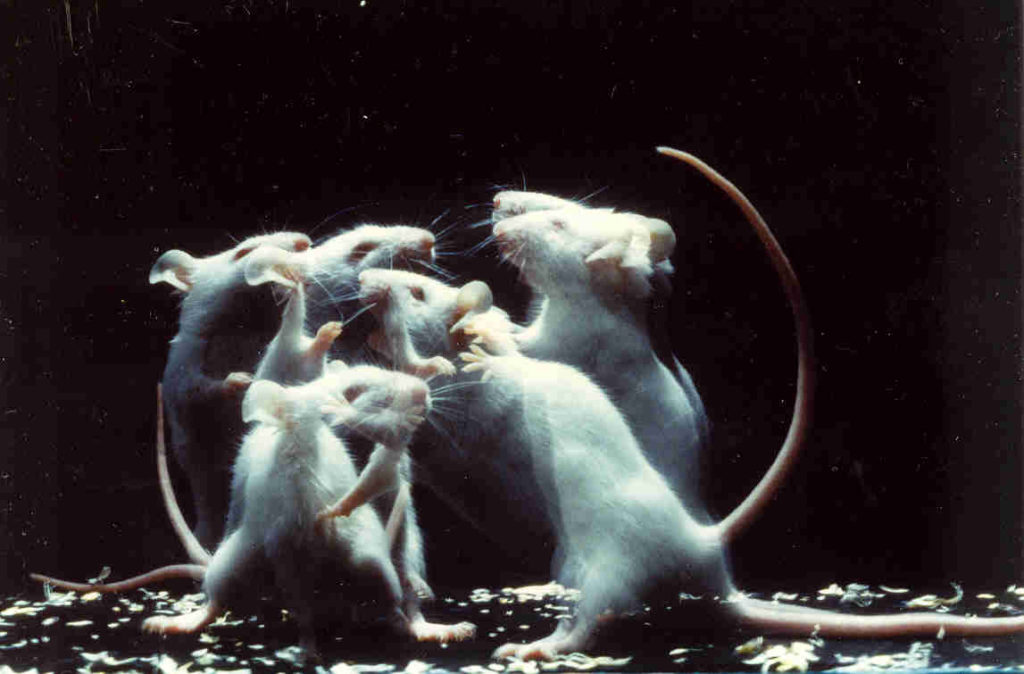About
As the population of the United States ages, the health burden imposed by diseases of aging is expected to increase. Social factors, including low socioeconomic status, social isolation, and low social support, are among the best predictors of susceptibility to diseases of aging. Animal models are a powerful tool for understanding why, when, and how these relationships arise. Like humans, other social mammals exhibit strong associations between social adversity, health, and mortality. Unlike humans, though, they experience less complex environments, have shorter generation times, and can be subjected to experimental manipulation in controlled environments.


The goal of the Research Network is to support and develop animal models and comparative research on understanding the social determinants of health and aging. The Network:
- Supports scientific meetings, conference symposia, and workshops relevant to the Network’s theme.
- Recruits new investigators to the field by providing pilot project support and fellowships for research and professional development.
- Provides training and mentoring opportunities for animal model and comparative research.
- Increases access to data, documentation, and protocols for advancing research relevant to Network themes.